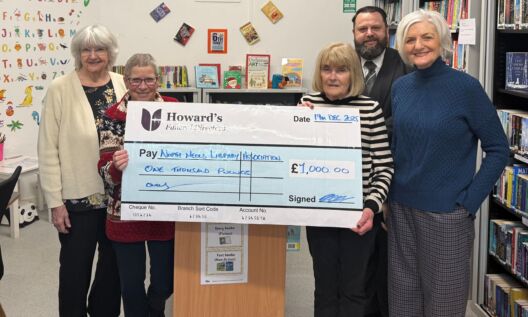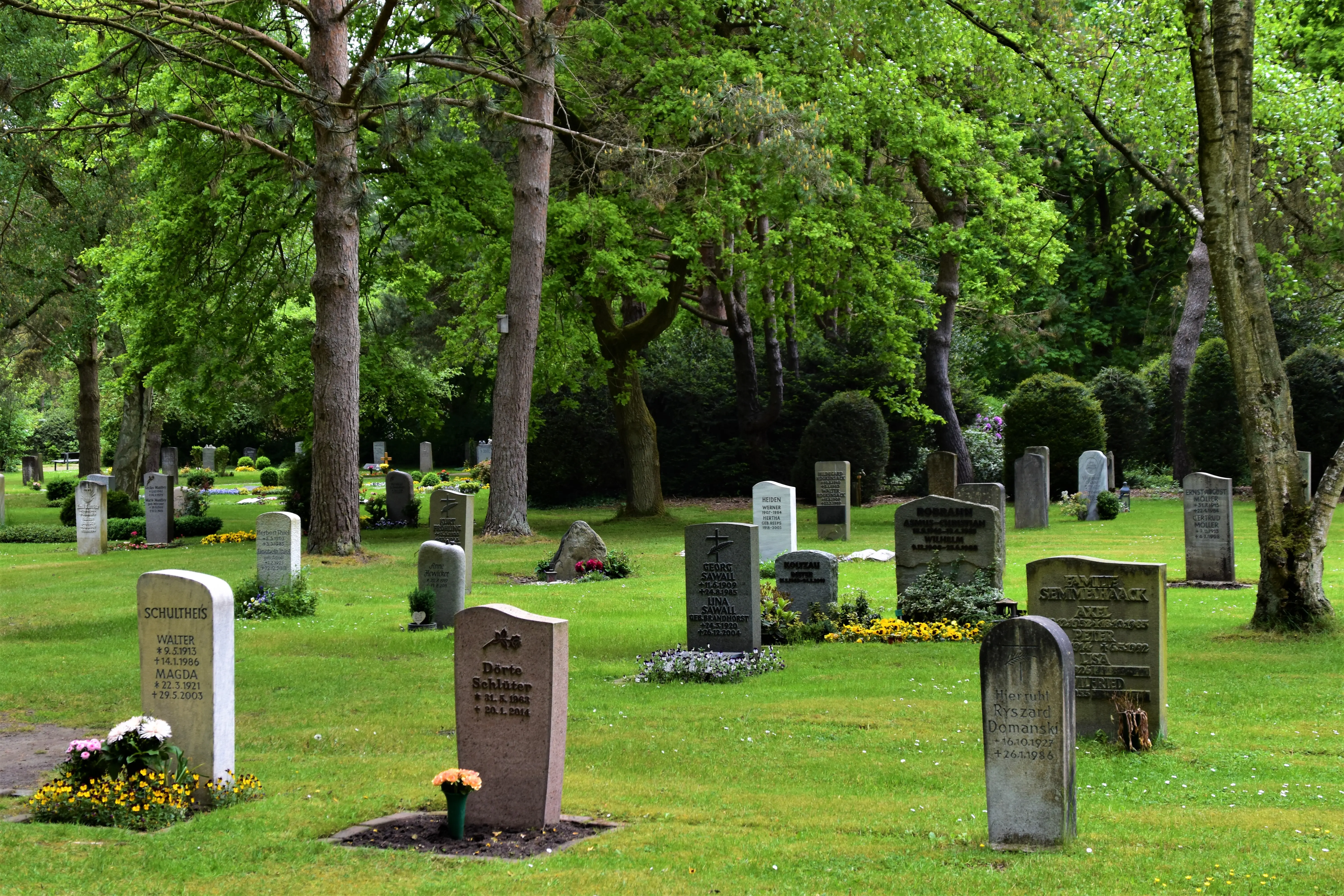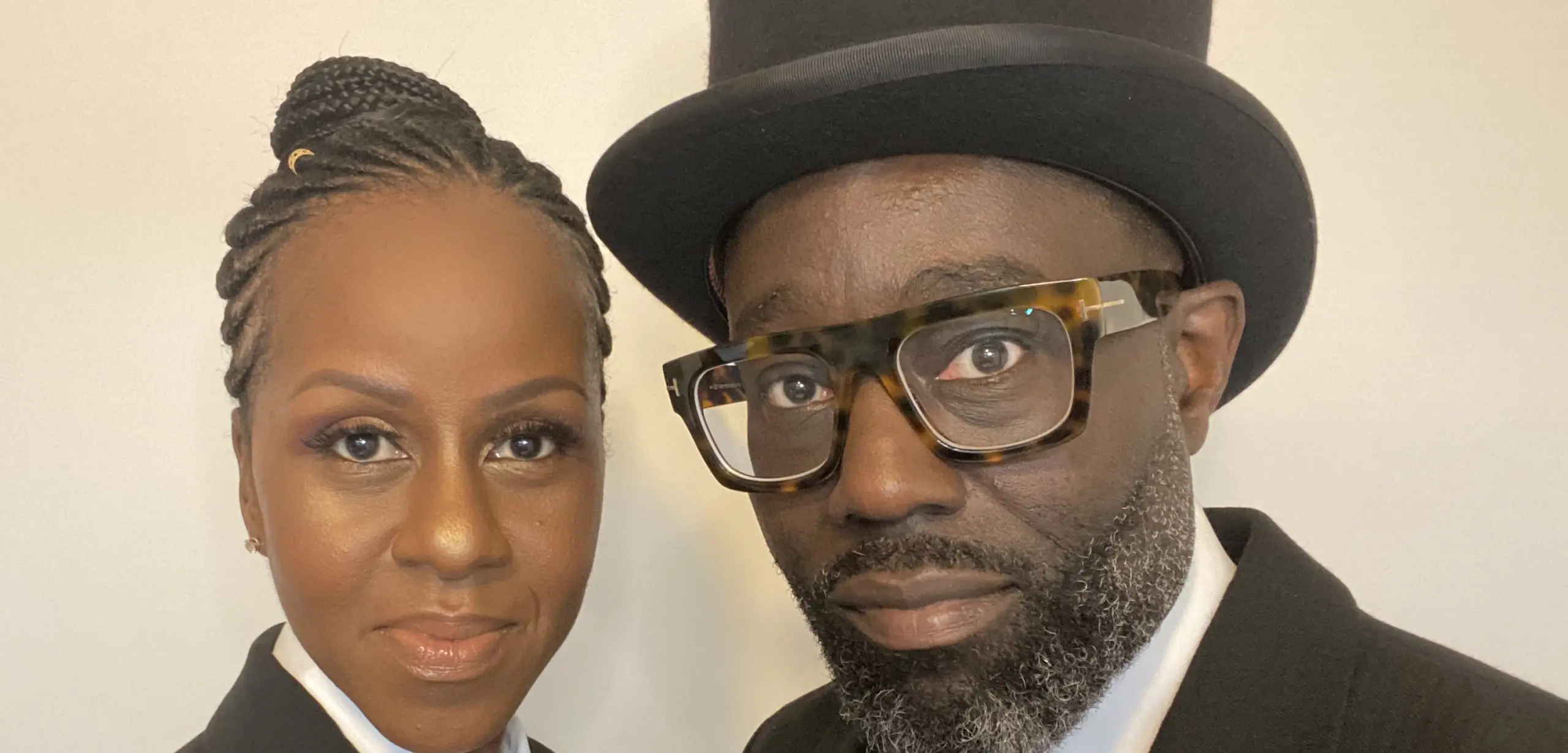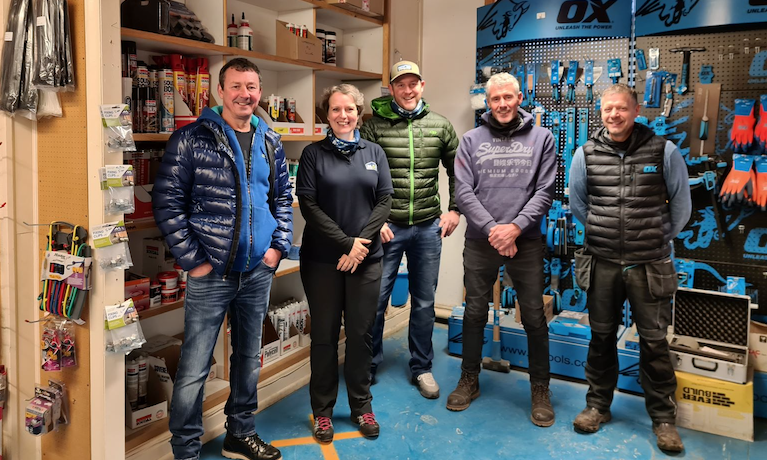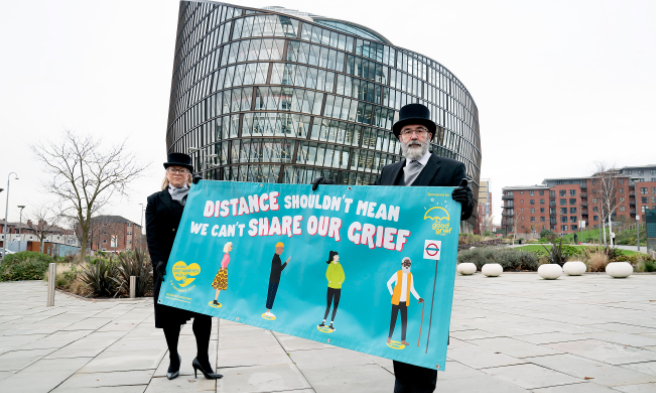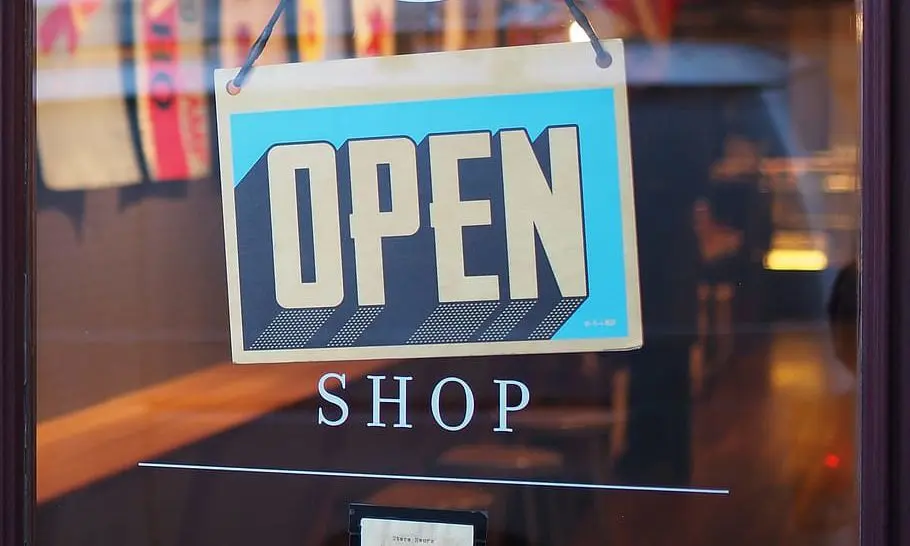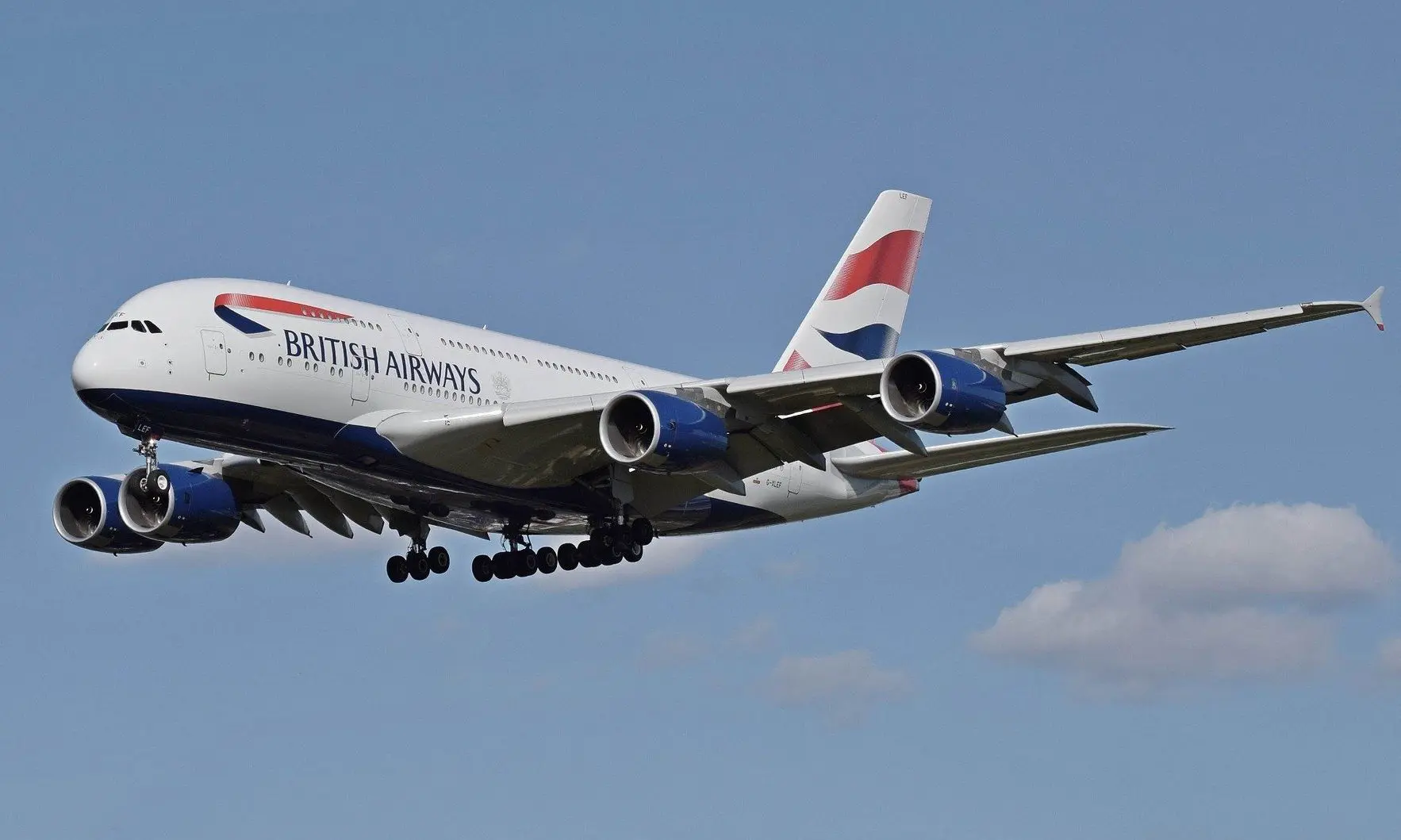Register to get 2 free articles
Reveal the article below by registering for our email newsletter.
Want unlimited access? View Plans
Already have an account? Sign in
Sharon and Paul McLean took an unusual path en route to founding Integrity Funeral Care of Covent Garden in London. The former IT specialist and facilities manager only came into the sector as a result of receiving “distressingly poor” service when dealing with the deaths of close family members.
“We just thought somebody ought to be doing this better,” Paul says, and so the family business was born. Both of Jamaican descent, they had known each other since they were twelve. Their paths diverged and it was years later when they were reunited, became friends and were married. Their personal experiences of the undertaking world were in highly traumatic circumstances. Sharon lost both parents within a year of each other and Paul’s sister and niece took their own lives together.
“At that time when you’re at your lowest ebb you really need support,” adds Paul. “We were vulnerable, of course, and had no idea what level of service to expect. When we lost my sister and niece we had to deal with the Metropolitan Police, British Transport Police, the coroner, the hospital – all on top of the elements directly related to their funeral. What we needed from the undertakers was care and what we got was an entirely business-based approach, apparently without compassion.”
Sharon also explains: “When my mother died things began to go wrong at the pre-funeral viewing where the funeral director had placed her not in the coffin we had selected but one which wasn’t even the right colour. On the day of the funeral itself we were on the way to collect family members to take to the service when the undertaker called to say some of his staff had called in sick and could my brothers fill in as pallbearers. It was all extremely stressful.”
When the couple looked into it they began to realise that while many excellent funeral directors took great care of their clients, there were a worrying number which did not. They also saw that very few were catering for the specific cultural needs of people of
Afro-Caribbean heritage.
“All cultures have their particular traditions,” Paul says. “Too many people were being offered one-size-fits-all services. We spoke to many people who had met their funeral directors on the day of a relative’s death and then seen or heard little or nothing from them until the actual service. In particular, we spoke to a lot of people from Afro-Caribbean families who said they’d wished they could have a traditional experience but felt it wasn’t possible.”
Paul and Sharon explain that often there are two major elements which are missing; Nine Night and time.
“Nine Night is a kind of pre-wake, It’s an ancient tradition with its roots in Africa and it takes place on the ninth night after death. t’s a ceremony to usher the soul of the departed to heaven where everyone gets together to celebrate the life and achievements of the person they’ve lost,” explains Paul.
“It can be more of a social rather than a religious event nowadays but it is still of great importance to many communities. During Covid it’s largely been taking place on Zoom of course. We can host it for people on our account or help them organise it as they need.”
Afro-Caribbean funerals traditionally take place three or four weeks after death to accommodate Nine Night and also to allow friends and relatives who want to be there to come from around the world. “With everything else that’s going on clients can easily feel overwhelmed if trying to coordinate everyone’s travel plans, so we help with that too,” Sharon notes. “We can arrange flights and accommodation; it’s just one more thing to lift off the shoulders of those who are grieving.”
On top of that, traditional Afro-Caribbean funerals last a couple of hours or more including lengthy tributes, hymns, celebrations, an extensive eulogy and often audio-visual presentations, all of which involve a great deal of preparation and coordination. Sharon also explains that often they will find a church and a minister or priest who understands that what’s needed goes beyond what’s expected in British families.
“I’m glad to say we’ve found celebrants of all faiths who are willing to accommodate differing traditions but others have found it all too alien to their view of what a funeral should be. Often it’s just a case of explaining what the family wants and needs. It’s about taking the time and building relationships,” she concludes.
Caskets are generally open and during the pandemic Integrity Funeral Care has been offering carefully safeguarded viewings for non-Ccvid deaths.
“It’s all about the detail,” Paul says. “If the family wants an A4-sized Order of Service, or one which looks like a magazine we can do that. If they’re Jamaican or Haitian or Trinidadian we understand that the catering requirements will be different from each other and we find the right provider for them and the right venue.
“We always want to go that step further, to put a hand on the shoulder, to take away the strain. As everyone in the trade knows, the public generally has little idea of where to even start when planning a funeral. We believe it’s our job to take away as many of those concerns as we can so they have space to grieve.”


